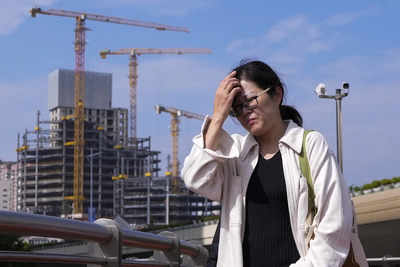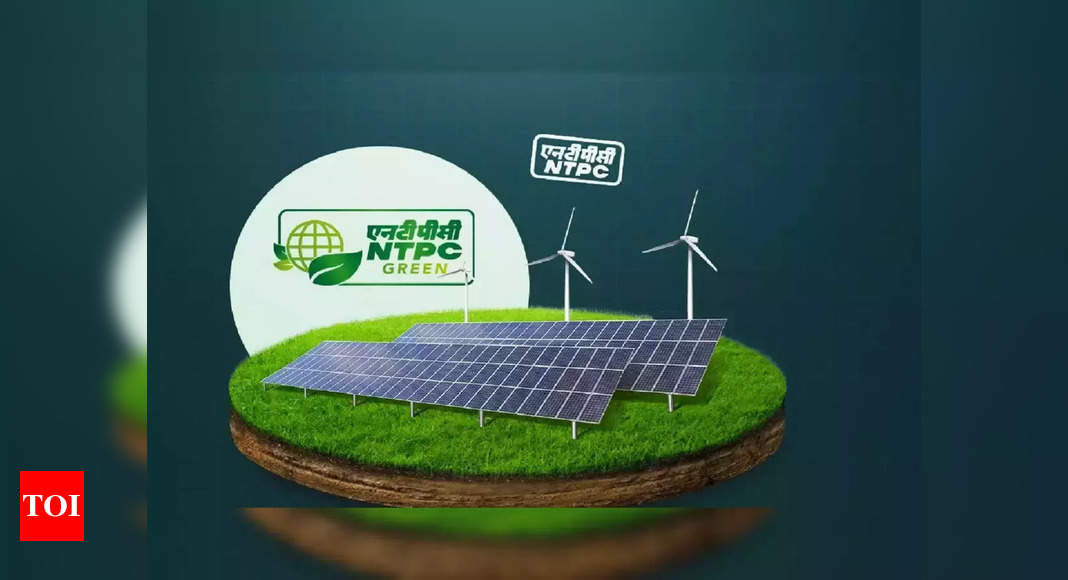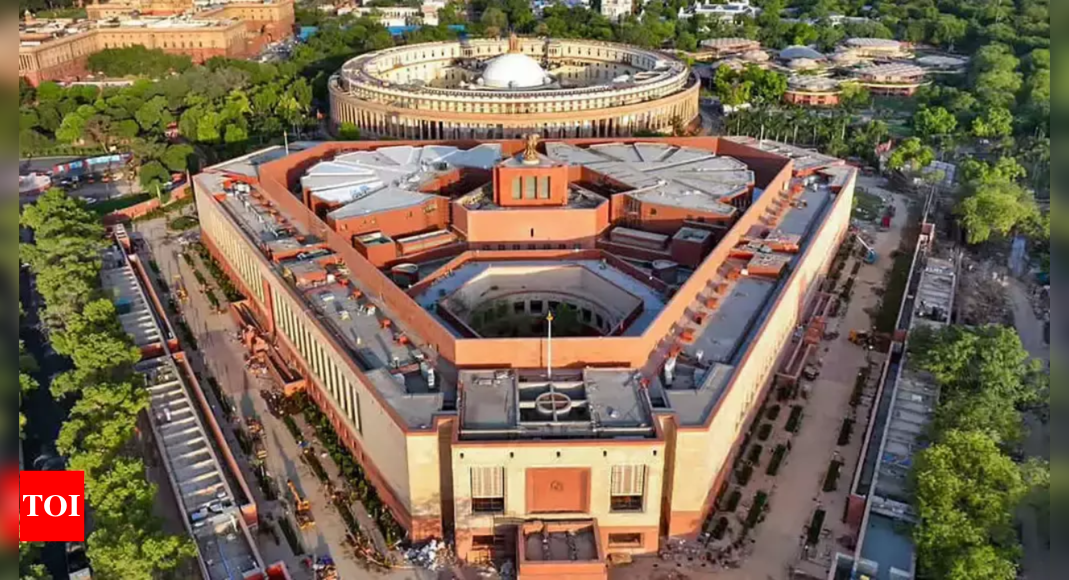

China’s economic expansion slowed in the third quarter, underscoring the need for additional stimulus to help the world’s second-largest economy reach its annual growth target.
Gross domestic product increased 4.6% in the July-to-September period from a year prior, data released by the National Bureau of Statistics showed Friday, the slowest pace since March 2023 and down from a growth of 4.7% in the second quarter.The figure was higher than the median estimate of 4.5% in a Bloomberg survey of economists, bringing growth for the first nine months to 4.8%.
China unleashed a swath of stimulus measures in late September including interest rate cuts and support for the property and equity markets to draw a line under a slowing economy. Investors now expect Chinese lawmakers to approve additional budget or debt sales to fund public spending in an upcoming meeting after authorities promised fiscal support.
The slate of measures prompted a historic stock rally and led banks including Goldman Sachs Group Inc. to upgrade their forecasts for China’s growth. But skepticism has grown over whether authorities are willing to deploy greater fiscal firepower to turn around the economy and markets.
The stock market has been on a roller-coaster ride, with the benchmark CSI 300 Index soaring to its highest level since July 2022 in early October, before falling about 10% since then.
The other key indicators show a broad improvement in different parts of the economy in September:
- Industrial production rose 5.4% from a year earlier, versus economists’ forecast of 4.6% growth
- Retail sales climbed 3.2%, beating a projected 2.5% gain
- Fixed-asset investment expanded 3.4% in the first nine months, compared with a 3.3% increase expected by economists. The property sector continued shrinking, with investment plunging 10.1% in the first nine months
- The urban jobless rate dropped to 5.1% from 5.3% in August
Data released before Friday painted a dismal picture for growth in September. Exports slowed sharply, curbing a trade rebound that has been a bright spot for the economy. Deflationary pressures continued to build, with consumer prices still weak and factory gate prices falling for 24 straight months.
President Xi Jinping called on government officials to “make every effort” in the fourth quarter to help the economy meet its annual growth target of around 5%, state media reported on Wednesday. That’s the second time in about a month Xi has urged officials to pursue economic growth.
Economists have urged Beijing to boost consumer spending to avoid a spiral of falling prices, which could risk a self-reinforcing cycle of declining spending, shrinking business revenues and job losses. But authorities have shown little urgency to ramp up consumption with any direct stimulus or large-scale handouts, which Xi has long resisted due to concerns over what he calls “welfarism.”
A real estate slump in its fourth year has hurt a pillar of growth and weighed on sentiment. Beijing is seeking to stop the property decline with a basket of policies including a Thursday pledge to nearly double the loan quota for unfinished residential projects. The measures fell short of market expectations, causing property shares to retreat as investors looked for more forceful response to pull the sector out of the doldrums.








